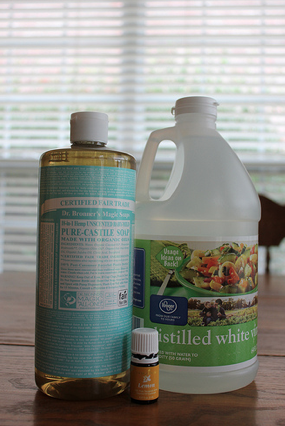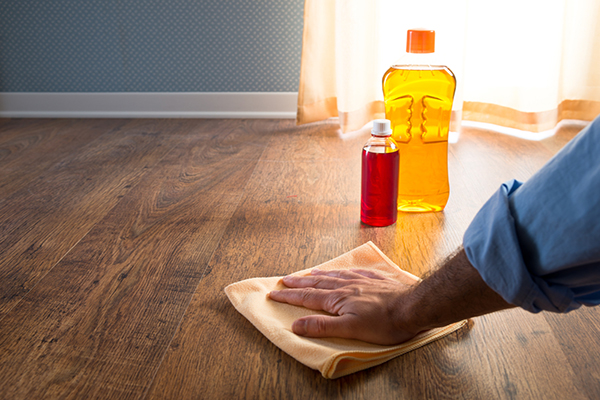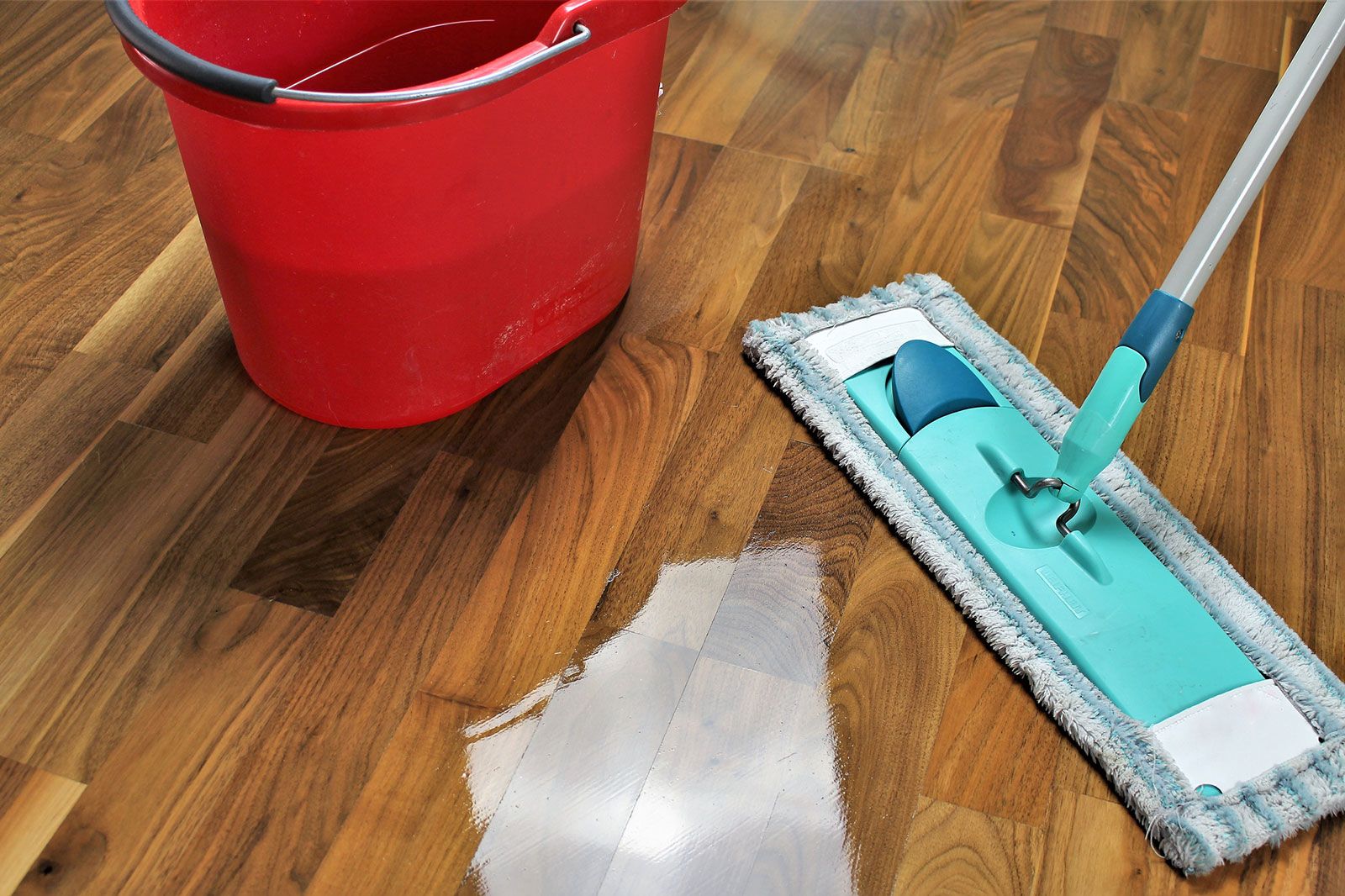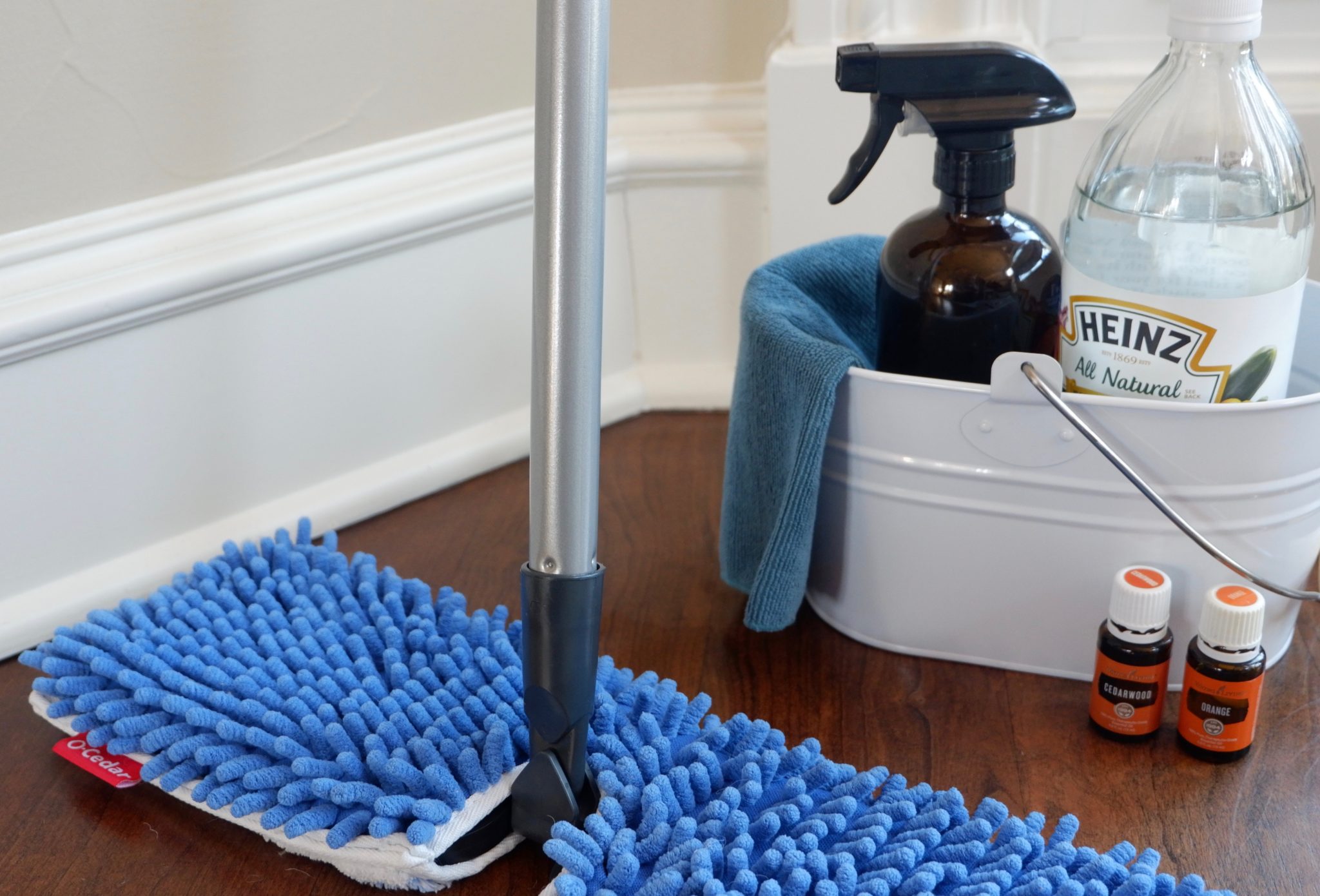When cleaning hardwood floors, using the right products is essential to maintain their beauty and longevity. One popular and effective option is a homemade hardwood floor cleaner using vinegar. Vinegar is a natural and versatile ingredient that can effectively clean and disinfect hardwood floors without harsh chemicals. Its acidic properties help cut through dirt and grime while leaving your floors gleaming and residue-free. I will guide you through making and using homemade hardwood floor cleaner vinegar, its benefits, and proper application techniques.
The Benefits of Using Vinegar as a Hardwood Floor Cleaner
Using vinegar as a hardwood floor cleaner offers several advantages. Firstly, vinegar is a natural and non-toxic option, making it safe for your family and the environment. Unlike commercial cleaners that may contain harsh chemicals, vinegar is free from harmful substances that could damage or discolor your hardwood floors. Secondly, vinegar’s acidity makes it an effective cleaning agent, capable of cutting through grease, dirt, and grime that can accumulate on your floors. It also acts as a mild disinfectant, helping to eliminate bacteria and germs. Additionally, vinegar is an affordable and readily available ingredient, making it a cost-effective choice for regular floor maintenance.
Mix equal parts of distilled white vinegar and warm water in a spray bottle to create a homemade hardwood floor cleaner using vinegar. You can also add a few drops of essential oils, such as lemon or lavender, to impart a pleasant scent to the cleaner. Shake the bottle gently to combine the ingredients before each use.
Proper Application of Vinegar-based Hardwood Floor Cleaner
To ensure optimal results and protect your hardwood floors, it is crucial to apply the vinegar-based cleaner correctly. Start by removing loose debris or dust from the floor using a soft-bristle broom or a vacuum cleaner with a floor attachment. This step will prevent scratching the floor during the cleaning process.
Next, lightly mist the vinegar cleaner onto a small section of the floor, careful not to oversaturate the wood. Using a microfiber mop or a clean, damp cloth, gently scrub the area in a back-and-forth motion, following the direction of the wood grain. Repeat this process for the entire floor, working in manageable sections to ensure thorough cleaning.
After cleaning, removing any excess moisture from the floor is important. You can do this by lightly dampening a separate clean cloth or mop with plain water and wiping the floor to remove any vinegar residue. Avoid leaving standing water on the hardwood, as it can seep into the wood and cause damage.
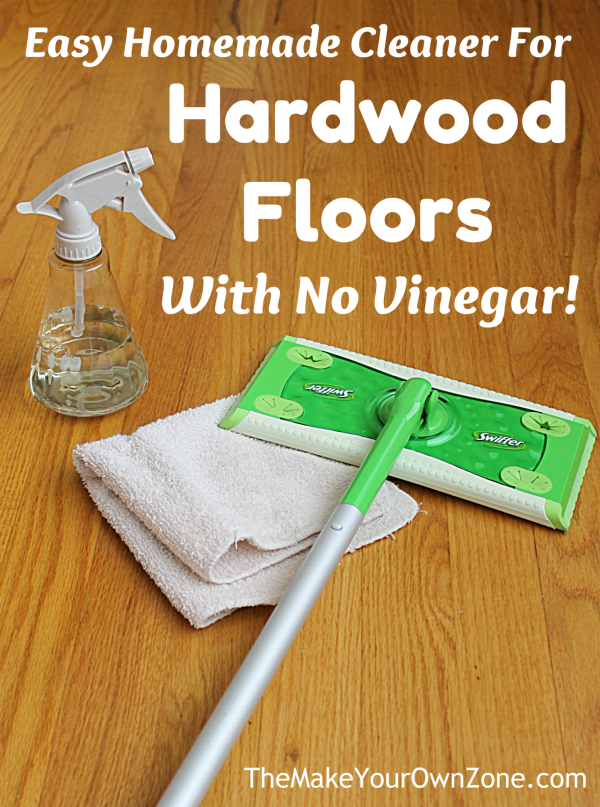
Precautions and Considerations for Using Vinegar on Hardwood Floors
While vinegar is generally safe to use on hardwood floors, there are a few precautions and considerations to remember. Firstly, vinegar is acidic, meaning prolonged or excessive use can dull the finish of your hardwood floors. To prevent this, it is recommended to use vinegar-based cleaner in moderation and not as a daily cleaning solution. Stick to a weekly or bi-weekly cleaning schedule, depending on the traffic and level of dirt in your home.
It is also important to note that vinegar is unsuitable for all hardwood finishes. If your floors have a wax finish, vinegar can strip away the wax coating, leading to damage and a dull appearance. Similarly, vinegar is not recommended for floors with a polyurethane or oil-based finish, as it may cause discoloration or streaking. To be safe, always check with the manufacturer or consult a professional if you are unsure about using vinegar on your specific hardwood floor finish.
Removing Stubborn Stains with Vinegar-based Cleaner
In addition to regular cleaning, vinegar can also effectively remove stubborn stains from hardwood floors. For light stains, such as coffee or tea spills, spray a small amount of vinegar-based cleaner onto the stain and gently scrub with a soft cloth or sponge. You can create a paste by mixing vinegar with baking soda for more stubborn stains. Apply the paste to the stain, let it sit for a few minutes, and gently scrub gently with a soft brush or cloth. Rinse the area with water and wipe dry.
However, it is important to note that vinegar should not be used on dark or deep stains, as it may worsen the discoloration. In such cases, seeking professional help or using a specialized stain remover recommended for hardwood floors is advisable.
Maintaining the Longevity of Hardwood Floors with Vinegar-based Cleaner
Using a vinegar-based hardwood floor cleaner is effective for cleaning and contributes to the long-term maintenance of your floors. Avoiding harsh chemicals and using a natural cleaning solution minimizes the risk of damaging the wood or its finish. Regular cleaning with vinegar can help remove dirt, grime, and bacteria that can gradually wear down the protective layer of your hardwood floors.
To further protect your hardwood floors, consider using furniture pads or coasters to prevent scratches caused by moving furniture. Additionally, placing mats or rugs in high-traffic areas and near entryways can help trap dirt and prevent it from being tracked onto the floors. Regular sweeping or vacuuming and occasional deep cleaning using vinegar-based cleaner will ensure your hardwood floors remain beautiful and durable for years to come.
Other Natural Ingredients to Enhance the Cleaning Power of Vinegar
While vinegar alone can effectively clean hardwood floors, you can enhance its cleaning power by incorporating other natural ingredients. For instance, adding a few drops of dish soap to the vinegar-based cleaner can help break down grease and stubborn stains. Alternatively, you can infuse vinegar with citrus peels by placing them in a jar and allowing them to steep for a few weeks. The citrus-infused vinegar not only adds a pleasant scent but also boosts the cleaning properties of the solution.
It is important to remember that moderation is key when using additional ingredients. Excessive use of soap or essential oils may leave a residue that can dull the shine of your hardwood floors. Start with small amounts and adjust as needed to find the right balance for your cleaning solution.
Homemade hardwood floor cleaner vinegar offers a natural and effective solution to keep your hardwood floors clean and well-maintained. With its non-toxic properties and acidic nature, vinegar can effectively remove dirt, grime, and bacteria while leaving your floors sparkling and free from residue. By following proper application techniques, taking necessary precautions, and incorporating natural ingredients, you can enjoy the benefits of vinegar for cleaning hardwood floors and preserving their beauty for years.
How to Make DIY Hardwood Floor Cleaner – Earth Friendly Tips Diy
Simple DIY Hardwood Floor Polish Diy hardwood floors, Wood floor
My Homemade Wood Floor Cleaner Experiment Money Saving Mom®
3 Ways to Clean Hardwood Floors with Vinegar – Clean Mama
7 Best Homemade Hardwood Floor Cleaners AHS
Fijierrands.Nomuni Talai At Your Service – Fijierrands TIP OF THE
5 Easy-to-Make Homemade Wood Floor Cleaner Recipes
DIY Wood Floor Cleaner *safe, non-toxic, easy and cheap!
6 Natural Homemade Wood Floor Cleaner Recipes LoveToKnow
Homemade Wood Floor Cleaner – Recipes with Essential Oils
3 Ways to Clean Hardwood Floors with Vinegar – wikiHow
Homemade Hardwood Floor Cleaner
Related Posts:
- Hardwood Floor Beading
- Hardwood Floor Wax Polish
- Hardwood Floor With Marble Inlay
- Acacia Hardwood Flooring Durability
- Best Click Lock Hardwood Flooring
- Sundance Hardwood Flooring Reviews
- How To Clean A Dirty Hardwood Floor
- Hardwood Floor Gunstock Oak
- Hardwood Floor Tile Kitchen
- Hardwood Floor Direction Of Planks



